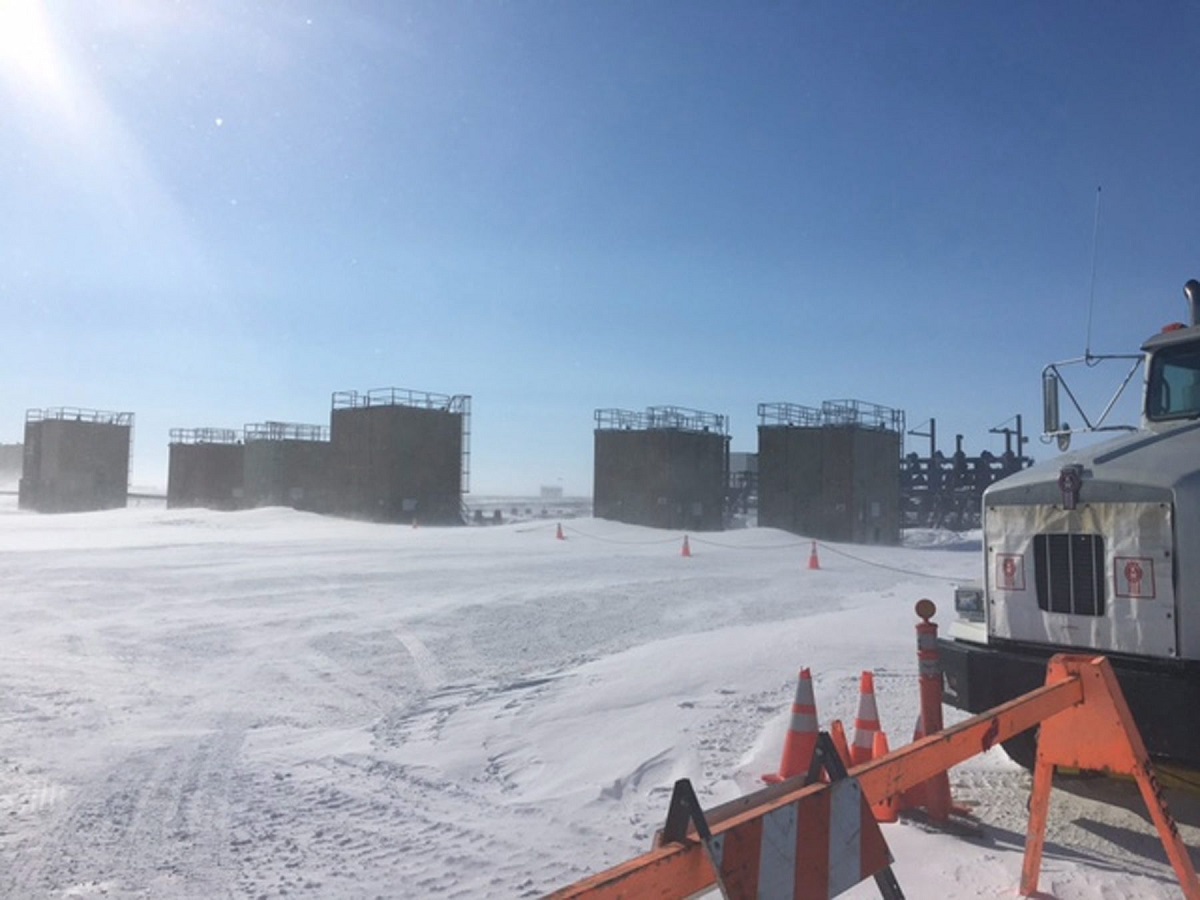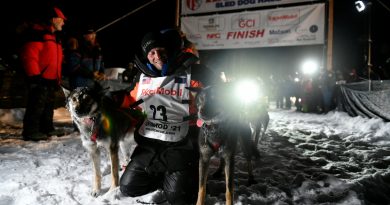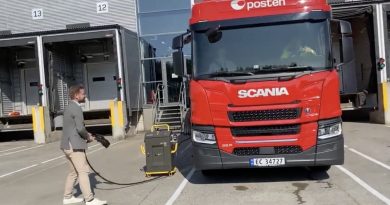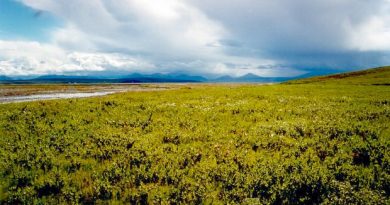With a leaking Alaska well controlled, experts seek answers about what happened

A weekend gas and oil leak from an old production well on the North Slope was stopped Sunday night when crews filled it with heavy, salty water, officials said Monday.
“Overnight the Unified Command achieved source control and killed the well,” said Dawn Patience, a spokeswoman with BP, the operator at the giant North Slope fields.
Oil and gas were discovered spraying from a well house Friday morning. The oil leak was stopped before crude contaminated tundra beyond the well, but the natural gas leak continued through the weekend, releasing methane, a climate-changing greenhouse gas, into the atmosphere.
The well produces both oil and gas, but without a pipeline to deliver gas off the North Slope, most gas from Prudhoe is injected back into the ground to increase pressure in oil-bearing formations.
Response operations were continuing as investigators tried to learn more about the cause of the leak, officials said.
The tundra not affected
The well was drilled in the 1970s. It has been producing about 500 barrels of crude oil daily, BP said. It also produced a high volume of gas. The oil and gas production were shut down Friday but the leak continued.
Patience said Monday that the sprayed crude oil was contained to the gravel drilling pad and didn’t reach the surrounding snow-covered tundra. The gravel pad supports heavy rigs and other hardware atop the tundra.
The source of the release, Well 3, is at the Drill Site 2 gravel pad at Flow Station 1, about 5 miles from Deadhorse Airport. Deadhorse is an industrial hub for the Prudhoe Bay oil fields.
Officials have said there were no reported injuries to people or wildlife. The estimated volume of leaked gas and oil has not been reported.
Cathy Foerster, head of the Alaska Oil and Gas Conservation Commission, said her agency, which regulates oil wells, has sent an inspector to the command center overseeing the response. The command center is at an operating center at Prudhoe Bay and consists of BP, the Alaska Department of Environmental Conservation, North Slope Borough and the Environmental Protection Agency.
Cause still unknown
DEC is coordinating with BP and AOGCC to investigate the cause of the release.
Foerster said the agency is pleased the well has been killed and is anxiously awaiting more information.
“We’re still concerned that we don’t know what caused this,” she said.
That concern was echoed by Lois Epstein, Arctic program director for The Wilderness Society. She said a blowout at a production well is unusual, compared to exploration wells about which less is typically known.
“So what changed? Was it maintenance? Something changing in the subsurface? Did the permafrost thaw?” she said. “Something changed, and we need to figure out what that is to make sure it doesn’t happen again.”
Epstein said the leak could have been far more serious.
“In this case it didn’t have high consequences, so that’s good,” she said. “But it should be studied as rigorously as if there had been an explosion that would have had much bigger consequences.”
Expert help needed
Crews tried to initially stop the leak Friday but that effort failed because a well-pressure gauge had been damaged when the well had “jacked up,” or risen, about 3 to 4 feet. The movement broke off the pressure gauge and “kill fluid” — in this case, salty water — couldn’t be pumped into the well to stop the leak.
On Saturday, response crews said two leaks had been identified on the well, one near the top and the other farther down the well assembly.
The top leak had sprayed oil and natural gas but was shut off when a surface safety valve was activated. The lower leak slowed, but still leaked gas and what the Alaska Department of Environmental Conservation called a “minor” amount of oil.
By Sunday afternoon, only gas was leaking.
Boots and Coots, a well-control company based in Texas, arrived Sunday to help develop plans for killing the well.
Well “not officially secured”
After entering the well house, officials with the Halliburton-owned Boots and Coots placed a plug in the damaged aboveground piping coming off the well head. That allowed responders to pump the solution of methanol and saltwater into the well, killing it.
Hiring Boots and Coots, a legendary company that helped put out many of the oil-well fires started by the Iraqi army in Kuwait during the first Gulf War, highlights the danger of the situation, said Epstein.
Although the well was killed, DEC said Monday afternoon that the well is “not officially secured” until a more permanent plug is installed in the downhole pipe. For now, the weight of the fluid is enough to offset the upward pressure from the natural gas and oil, holding it in the well.
BP is creating a plan to place a permanent plug at the damaged section of the downhole pipe, the state said.
BP will undertake a “thorough analysis” to determine what caused the leak, Patience said.
Related stories from around the North:
Canada: Arctic offshore drilling too dangerous: Trudeau, Radio Canada International
Finland: Nordics’ biggest lithium ion battery helping hydropower in Finland, Yle News
Norway: Norway proposes massive opening of Arctic shelf to oil drilling, The Independent Barents Observer
Norway: European Parliament calls for ban on oil drilling in icy waters, The Independent Barents Observer
Russia: Russia mulls tougher action against oil polluters of Arctic coast, The Independent Barents Observer
Sweden: Swedish government unveils new climate law, Radio Sweden
United States: Alaska’s antiquated Cook Inlet pipelines causing alarm after leaks, Alaska Dispatch News



